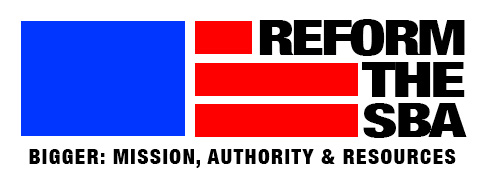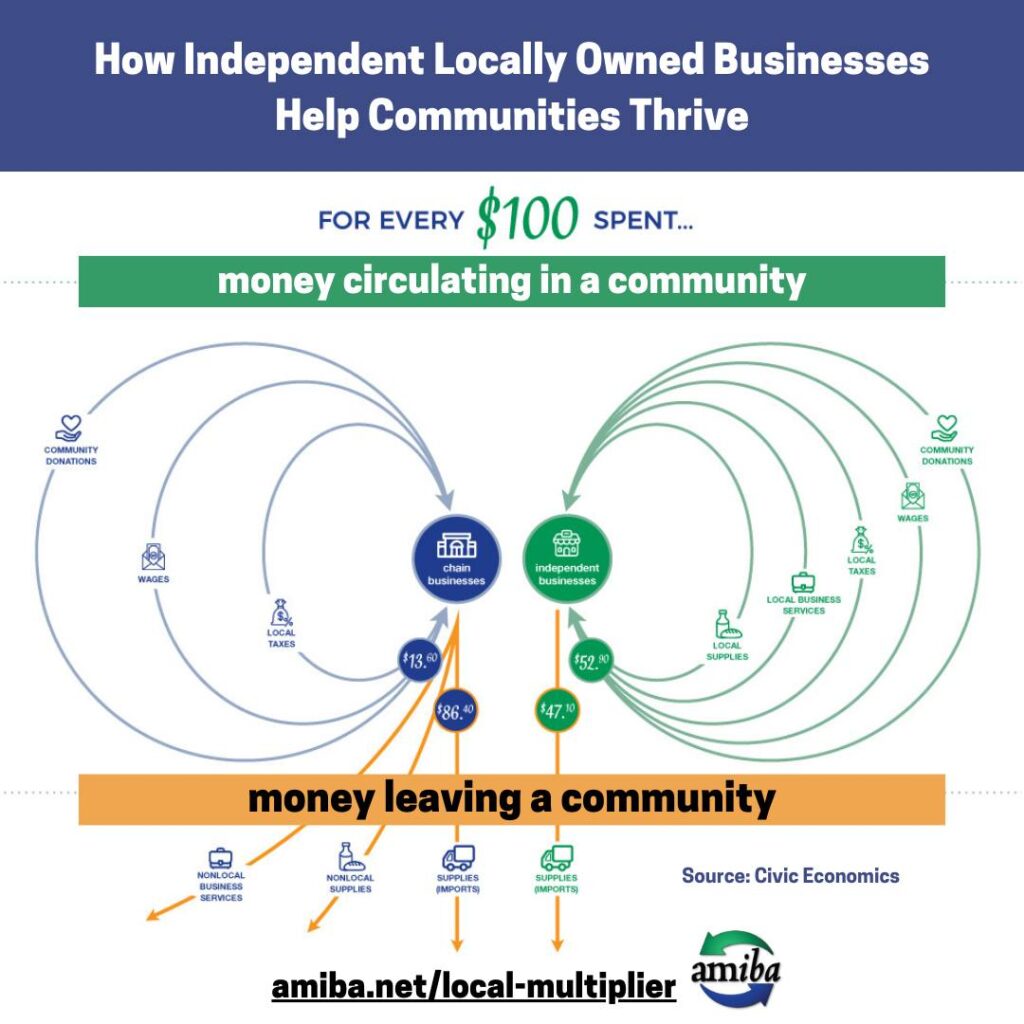AMIBA has partnered with the Reform The SBA Campaign led by Frank Knapp Jr., President, CEO of the South Carolina Small Business Chamber of Commerce which he co-founded in 2000. This national campaign is derived primarily from insightful and tangible reform recommendations of business leaders and groups, entrepreneurs, lenders, and elected leaders.(Detailed Recommendations can be found at www.reformthesba.com)
The U.S. is at a 40-year low in small business startups. Economists tell us that all net-new jobs in the nation are created by businesses less than five years old and that have four or fewer employees. Clearly, our nation’s economy is being held back because of this new business startups crisis.“Reform the SBA” is not a criticism of the Small Business Administration. It is a call to action to expand the mission, authority, and resources of the SBA.
Our nation’s aspiring entrepreneurs and small business owners—particularly minorities and women in underserved communities—need strong, singular national leadership to break down barriers to starting and growing small businesses.
“Reform the SBA” is a campaign to focus Washington’s attention on the issue and advocate for the changes desperately needed.
Mission
The SBA must be given the mission, authority and resources to lead the nation out of the small business startup slump that is now at a 4-decade low.
Research
There are probably multiple reasons for the nation’s 40-year low in new business startups.
The SBA should conduct the research called for in the Enhancing Entrepreneurship for the 21st Century Act. This research should examine the possible factors impeding small business startups including those that are articulated in the Act. Based on the findings of the research, SBA should provide leadership in addressing the factors contributing to the small business startup slump.
Access to Capital
It is universally agreed that this issue is one of the primary reasons for the four-decade low in new business startups. The “number of commercial banks declined from 14,400 to 4,600 since 1980”, a 68% drop due to consolidations and failures. These mostly for-profit lenders view entrepreneurs and micro businesses (especially minorities and women) as too risky and unprofitable regardless of how high the SBA loan guarantee might be.
CDFIs can offer affordable small business loans and other financial products and services to help economically underserved communities. Nationwide only about 203 are providing business startup loans.
CDFIs need more funding and there should be established a direct federal small-business loan program (ex. loans under $20,000) primarily within the SBA for entrepreneurs and micro businesses that includes the requirement of loan recipients receiving the proper small business operational knowledge (ex. bookkeeping, computer skills), technical assistance, training, and coaching (pre- and post-loan) from existing SBA technical assistance programs.
Small Business Needs
Congress needs to put in place programs to address the common needs of small businesses that would make them more profitable and competitive with big businesses.
SBA should develop government-sponsored solutions to universal small business and employee needs in order to level the playing field with big business competition such as paid family and medical leave for employees, [ortable programs for employee retirement benefits.
Regulations
Small businesses need enhanced assistance to comply with the tens of thousands of existing and necessary federal regulations. The Office of Advocacy, that has largely become an agent of big business in the regulatory process should be placed under the authority of the SBA to ensure SBA Advocacy brings a balanced and neutral approach to representing all small business interests in the regulatory process to capture the voice of small businesses that would be helped by a regulation as well as those that might be economically harmed.
Procurement
The federal procurement process represents a significant opportunity for promoting the growth of small businesses. The prime and subcontracting goals for federal procurement should be increased. The SBA’s existing authority to create a Small Business Defend America initiative for Department of Defense procurement and use the SBA authority to be a DOD prime contractor, create Defense Production Pools and target specific small businesses (ex. veterans) for subcontracting.
Supporting Organizations
American Independent Business Alliance
American Sustainable Business
Gullah Geechee Chamber of Commerce
Latino Communications Community Development
North Carolina Business
Sumter Black Chamber of Commerce
South Carolina Hispanic Chamber of Commerce
South Carolina Small Business Chamber of Commerce
U.S. Green Chamber of Commerce


